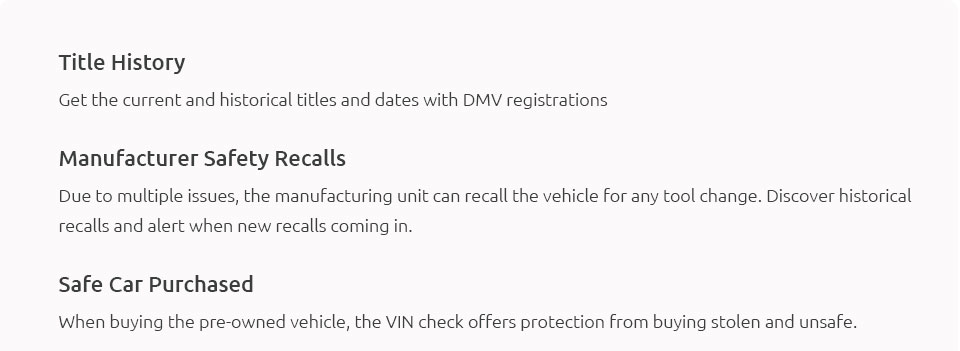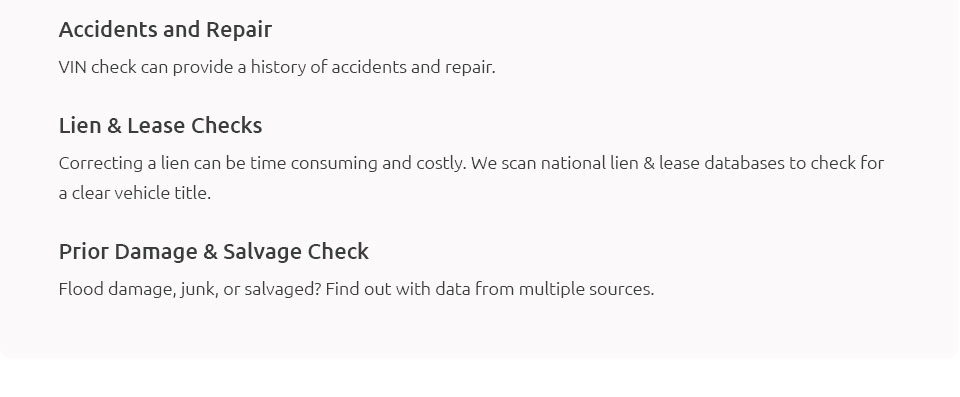 |
 |
 |
 |
 |
||
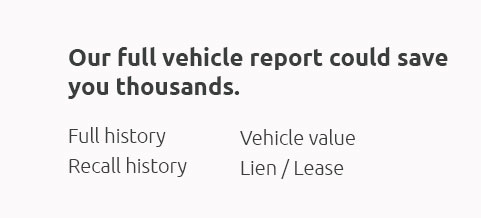 |
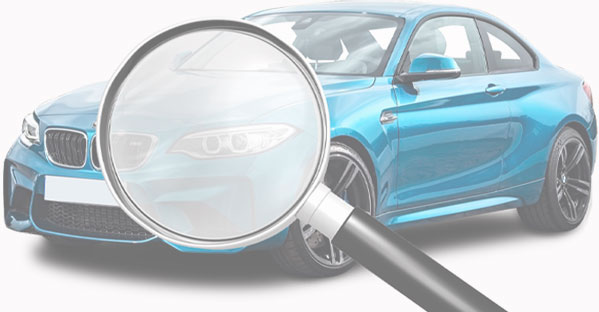 |
|
 |
 |
|
 |
 |
 |
 |
||
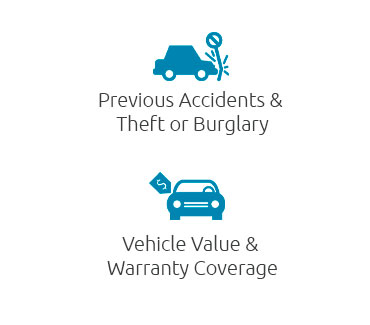 |
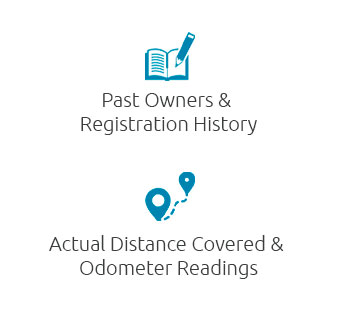 |
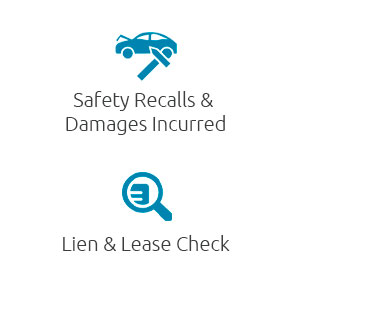 |
 |
 |
 |
||||
|
||||
 |
 |
How to Check a VIN Code: A Comprehensive GuideThe Vehicle Identification Number, or VIN, is a unique code assigned to every vehicle, acting like a fingerprint for cars. Understanding how to check a VIN code is essential for various reasons, whether you're buying a used car, verifying ownership, or simply curious about a vehicle's history. In this article, we'll delve into the process of checking a VIN code, discuss its importance, and provide helpful tips for using this information effectively. First and foremost, let's explore what a VIN code entails. This 17-character string comprises numbers and letters, each segment conveying specific information about the vehicle. These details include the manufacturer, model, year of production, and more. Knowing how to decipher these codes is crucial, especially when purchasing a used car, as it can reveal any hidden secrets or discrepancies in the vehicle's history. So, how exactly do you go about checking a VIN code? The process is relatively straightforward. Start by locating the VIN on the vehicle, which is typically found on the dashboard near the windshield on the driver's side, inside the driver's side door jamb, or on documents such as the vehicle's registration or insurance card. Once you have the VIN in hand, the next step is to use an online VIN decoder or lookup service. These tools are abundant and often free, offering a wealth of information at your fingertips. For instance, you can use services like the search florida vin for vehicles registered in Florida, or if you're interested in a specific model, the toyota camry vin search could be particularly useful. These online tools will typically provide a comprehensive report, detailing the vehicle's specifications, any recalls, accident history, and service records. However, it's important to approach this data with a discerning eye. While VIN check services can offer a wealth of information, they are not infallible. It's always wise to cross-reference the information with other sources or consult a professional mechanic for a more detailed inspection. Moreover, the importance of checking a VIN code cannot be overstated. It serves as a safeguard against fraud, helping to ensure that the vehicle's history aligns with the seller's claims. This is particularly crucial in today's market, where the risk of odometer fraud or purchasing a vehicle with a salvage title is ever-present.
In conclusion, checking a VIN code is a vital step in vehicle ownership and purchasing. It provides a detailed snapshot of the vehicle's past, offering peace of mind and helping you make informed decisions. By utilizing online VIN check tools and maintaining a healthy skepticism, you can navigate the complexities of the automotive world with confidence and clarity. https://cars.usnews.com/cars-trucks/advice/how-can-i-get-a-free-vin-check
Locate the VIN: Find the vehicle identification number on the car. You can find this on the dashboard near the driver's side windshield or on ... https://www.faxvin.com/vin-check/validator
How to check if the VIN number is valid? A quick way to confirm the validity of the VIN is by deriving the security check digit, which is the ... https://www.lithia.com/research/how-to/how-to-decode-your-cars-vin-number.htm
It is most common that your car's VIN number can be found by looking at the dashboard on the driver's side of the vehicle.
|

